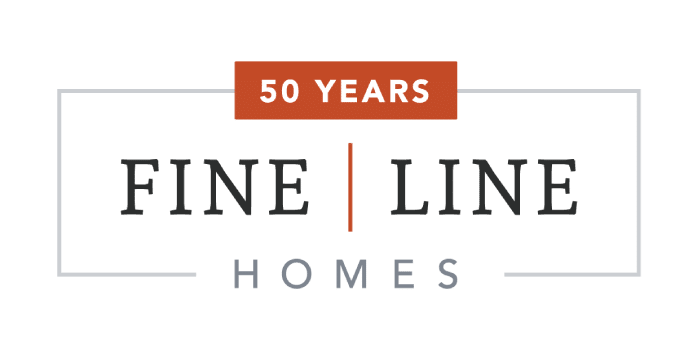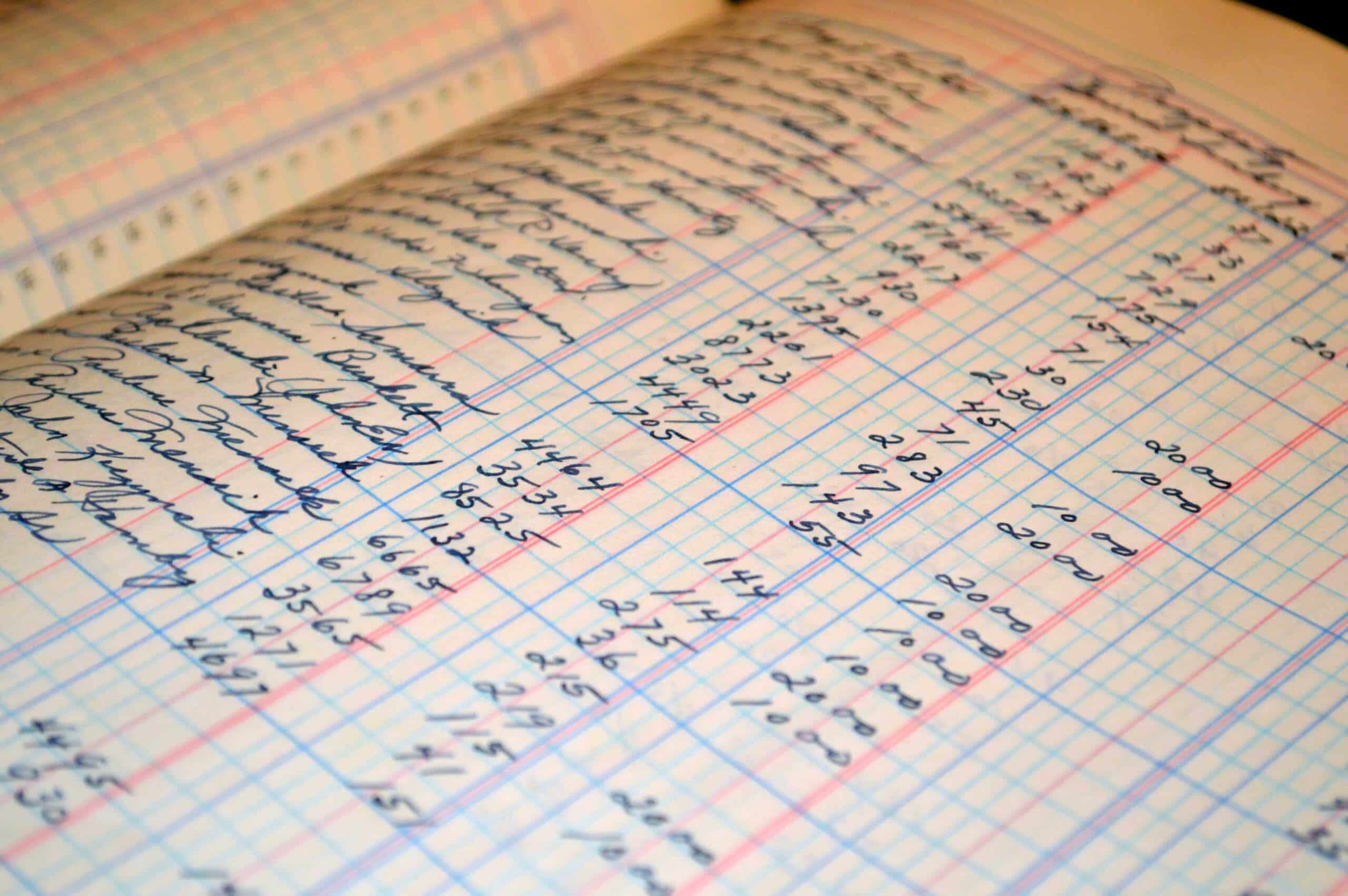Purchasing an available, pre-owned home from a real estate listing is much different from building a custom house that includes your most desired amenities, especially when it comes to preparing for your property taxes. Without an exact amount based on historical figures, how will you know how much to save up or roll into your mortgage?
This topic baffles many families who are contemplating the ongoing costs of home ownership as they relate to a newly built residence. As perplexing as it may seem at first blush, it just takes a bit of untangling. With a little due diligence and legwork, you can come to a satisfactory answer that will alleviate your stress related to property taxes for your new home.
Property Taxes in Your Area
No matter where you build, you will be required to pay property taxes. New to home ownership? You may not realize that property taxes vary from municipality to municipality. In general, property taxes are assessed by the local government, but have state and federal considerations as well.
The first type of tax that goes into determining any property tax is the millage for your jurisdiction. Millage is the amount of property tax due per $1,000 in property assessment; it is presented as a percentage. For instance, if your property is assessed at $200,000, and the millage rate (also called a mill levy in certain communities) is 1 percent, you would multiply $200,000 by .01 to get $2,000. Therefore, you would expect to pay $2,000 annually for your millage tax.
However, more goes into your property taxes than just the millage tax. You will likely have an additional levy added by the school district in which you are building, as well as the municipality. This means if you move to a school district that charges a 1.0 percent tax each year, and a municipality that charges a .5 percent tax, you need to add 1.5 percent more (1.0 percent plus .5 percent) to your expected taxes, or another $3,000 per year. Thus, on your property that has been assessed at $200,000, you can expect to pay $5,000 in property taxes.
How to Assess the Value of Your Property

Property assessments are done at the municipal level by an assessor. The assessor will use a number of factors to come to a conclusion about your home and property’s general value. These may include one or more of the following actions:
Basing your property assessment on comparable properties in the area.
Let’s say that you are planning to build a new home that is about 2,400 square feet on an acre of land, has three bedrooms, two bathrooms and a three-car garage. The assessor will seek out comparable properties and use them as starting points by examining their assessments.
Obviously, this can be a sticky subject, as most homes are quite dissimilar. Even if two homes are basically similar, one may be perceived as worth more than another based on many factors, including the materials used to create aesthetically pleasing interior and exterior spaces. Consequently, it’s easy to see that comparing properties can be a lot like comparing apples to oranges. Just because they are alike on paper doesn’t mean they are alike in reality.
For this reason, you will want to talk to the assessor, and be with him or her during a walkthrough of your property, if at all possible. This helps you understand what’s going into the assessed value of your new home. Plus, it affords you the opportunity to ask questions.
Basing your property assessment on the income you could receive if you rented your home.
Although most people don’t build homes only to rent them out, it can happen. You might build your home and then get a fantastic job offer across the country. Rather than selling your new home, you might use it as an investment property.
Assessors can use what is called the “income method” if they know you will be renting your home. The income method considers what you will actually make on your rental property after you have paid for maintenance, insurance, etc. Then, the assessor will assign a percentage, or assessed value, of the assessed property value. (This sounds complicated, but it isn’t!)
What If You Think Your Assessment Is Off-Base?
You’ve figured out your property tax rate, and your new home has been assessed… but you’re worried that it’s way too high. In this case, you should go to your local municipality and request a reassessment. However, you should not simply ask for a reassessment because you want to pay fewer tax dollars. Reassessments take time, and you may wind up with a higher assessed property value than you have now.
With that being said, if you still feel like it’s worth having a conversation with your assessor, by all means, do. It’s better to make an inquiry than overpay.
Make Paying for Your Property Taxes Less Challenging
No one likes writing a check for any type of tax, especially property taxes. Yet it’s part of home ownership. You basically have two choices when it comes to paying your property taxes: write a check when they are due, or have your mortgage company escrow the amount and write a check out of that account.
The first method is ideal for people who can diligently put aside the monies they know they will need, and who like to see exactly how much they are spending. The second method is often used by people who would prefer not to focus their time thinking about property taxes, and would prefer to just roll the amount into their mortgage payments. Just make sure that you always pay your property taxes on time, and pay your lender on time, too. One final note to remember if you have your property taxes escrowed: When it’s time to burn the mortgage, you’ll have to start writing your tax collector a check.
Never let it be said that property taxes are an easy pill to swallow. Like every tax, they elicit grumbles and opinions. Still, the more you know about them when you go into the process of building a new home, the better you’ll feel… even if they are higher than you’d like.











